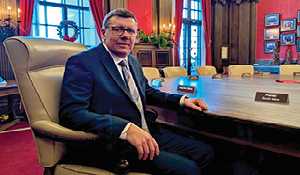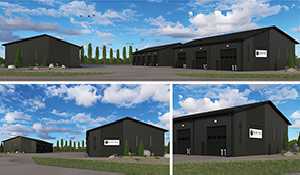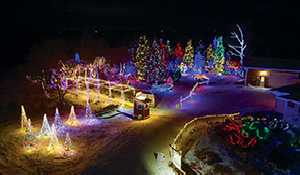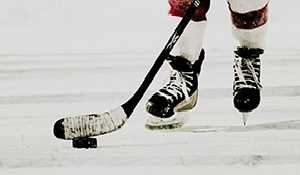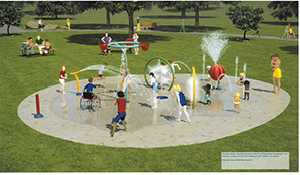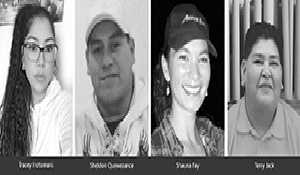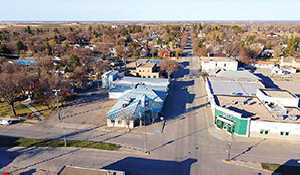Skate clubs have adapted to COVID-19 measures
February 16, 2021, 4:22 pm
Spencer Kemp, Local Journalism Initiative Reporter
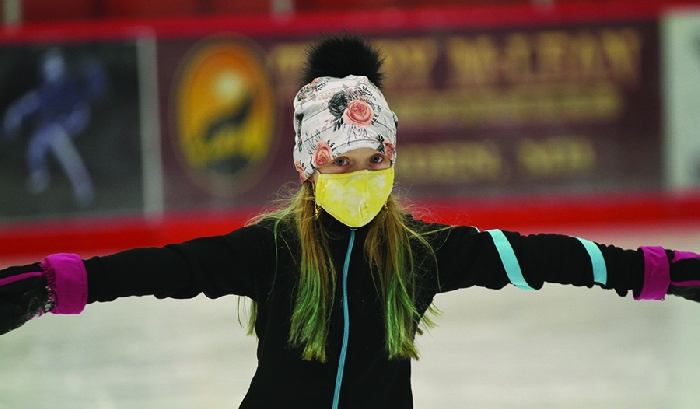

Due to the ongoing COVID-19 pandemic, many skating clubs across Saskatchewan have had to adjust to keep their skaters on the ice.
Moosomin keeps skaters on the ice thanks to reduced rates
Among the clubs that were able to keep their doors open was the Moosomin Skating Club. With the town of Moosomin slashing ice rates in half, the club was able to keep its skaters on the ice.
Coach Shaelyn Olafson explained that the club has had to adapt to the new guidelines and restrictions as they are released.
“We follow the rules based on Skate Canada, they send up updates along with whatever is in place at the rink. I think the biggest thing was us having to wear masks full time. It started with just coaches then moved to the kids as well. Later in the season, we had to move to only eight skaters on the ice,” Olafson said. “Every week they would schedule skaters for an hour session each.”
Their classes adapted to Monday, Wednesday, and Friday with two hours booked for each session. Skaters were split into two groups, with the first group attending the first hour of the class while the second group attended the second.
“It’s different coaching the kids without being able to do more hands-on work and teach them new things,” Olafson added. “We just had to adapt as coaches that way and figure out how best to teach the kids.”
With guidelines restricting the ability to host competitions and competitions, some concern was raised in regards to finances as festivals account for a large part of income for skating clubs across the prairies.
But through reduced rates and strong fundraisers, the Moosomin Skating Club is seeing minimal impact financially.
“We weren’t affected financially at all. Our fundraisers were still a go and the rink cut their fees in half so that helped us save on costs quite a bit.”
According to Olafson, the skaters were also quick to adapt to the new regulations, which included wearing masks even while on the ice.
“They’ve honestly been really good. Obviously, things are always weird off the start, but I think they’re just happy to be there with their friends and learn new things and just be able to keep going with something throughout all of this. They’ve done extremely well and we’ve had no issues.”
Olafson expressed her gratitude towards the board in their efforts through the season.
“The board has been extremely helpful this year. Us coaches couldn’t have done it without them.” Said Olafson. “We’re pretty lucky to have the members that we do.”
Wawota continues lessons twice a week
The Wawota Skating Club was another organization that adapted and overcame the restrictions that crippled many other organizations in the province.
Head coach Leanne Sorenson explained they always had plans in place to reduce their numbers if needed.
“We planned right from the start to have smaller groups on the ice from day one. We did have to modify in December when other changes were in place with only having eight skaters on the ice, so we did have to shorten some people’s time but we do still skate twice a week,” said Sorenson.
While no competitions could be done with the club due to the public health order, Sorenson says their skaters are just happy to be on the ice.
Sorenson also noted a silver lining in the reduced class sizes, which was the ability for coaches to have more one-on-one time with the skaters.
“They’ve adapted well. Coaches had to wear masks from the very start but skaters had to start wearing masks after about a month. Our skaters adapted great. No issues. They’re just happy to be on the ice. We’re able to give more one-on-one time with each skater so their development has had faster progress because our coach to skater ratio has gone down.”
With the lack of competitions or synchronized skating, the Wawota Skating Club tried to break even, even though they were unable to dip into their biggest source of income.
“We didn’t do any fundraising this year, we just wanted to come out with an even budget, which we are. We did take a hit on income because we were down about 20 skaters. We weren’t able to take any skaters that couldn’t skate forwards, backward, or get up on their own. So we weren’t able to take any learning skaters, which was a bulk of our CanSkate.”
Esterhazy only able to keep STARSkaters skating
Other clubs were not so fortunate. The Esterhazy Skating Club was unable to keep most of their skaters on the ice.
Due to their STARSkate program having only eight members, however, Coach Meranda Pangracs says they were able to keep at least some kids on the ice.
“We had about 32 kids registered. We couldn’t afford to keep the extra ice and split them into groups of eight nor could the town give us that ice that we would have needed. But for our STARSkaters, we were able to continue with them, but not the CanSkaters,” said Pangracs.
She applauded their skaters in their ability to adapt to the ever-evolving public health orders while skating.
“They have done exceptionally well. When those new restrictions came into effect in December, everyone had to wear a mask. You can imagine how hard it would be to exercise with a mask on and these kids are doing jumps and spins and it’s quite restricting to do it with a mask. They went guns-out and did amazing. They were just happy to be on the ice.”
Pangracs explained that many of their skaters looked forward to the competitions as it gave them something to be proud of. Being unable to attend these, Pangracs explained they offered the skaters gift cards for completing certain milestones and goals.
But unfortunately for the club, those competitions brought in a large portion of income.
“As of right now, it’s not looking too good. Thankfully the government has been able to fund us with some grants.” Pangracs said. “With CanSkate being cancelled, we’re ending up having to issue rebates and refunds. So that’s going to hurt us. Obviously, for the times that CanSkate wasn’t going, we didn’t have to rent the ice for that time. But it still doesn’t compare to what we would have had for a previous year.”
They were able to make up some of their lost funds through a bottle drive but are still concerned about the lost income and how the next season will look.
“We’ve done lots of other fundraisers this year to get some extra funds in and those have done really well. We did a bottle drive here in Esterhazy and the community really pulled together. We couldn’t believe the support we got. That went over really well.”
To make up for the inability to attend competitions and hold carnivals, the club is planning on filming a virtual show.
Pangracs hopes the virtual show will draw in some income.
“We are hoping for our ice show to do virtually and have it online for people to view. Hopefully, we can get some donations out of that,” explained Pangracs.
The show is expected to be filmed on March 27 and will be made available to view the following week.
Maryfield holds off on skating until restrictions are lifted
Other clubs in Saskatchewan found themselves unable to keep up with the restrictions and guidelines.
Ashlie Leepart, president of the Maryfield Skating Club, says their club elected to not host any classes due to the restrictions and different skill levels in their skaters.
“There’s no skating lessons happening right now. We went ahead and just decided not to do skating lessons this year. We just didn’t find it realistic with the way things had to be run at the rink in Maryfield,” explained Leepart.
While the club had low numbers, the different skating levels would make it difficult to operate.
“With COVID and everything going on we have to follow all of the regulations that have been put in place,” Leepart said. “Although we have relatively low numbers, we didn’t really find that feasible with the different skating levels between all of our students.”
Each year the Maryfield Skating Club puts some money aside for emergencies and was able to dip into this emergency fund to help keep themselves afloat through the season.
This money will help get the skaters back on the ice when restrictions clear up.
They were unable to do any fundraisers through the season due to COVID-19 concerns, but hope that the restrictions clear up so their skaters can hit the ice once more.
Elkhorn skaters unable to participate this year
On the other side of the Saskatchewan-Manitoba border, however, it is a different story.
Due to tighter restrictions, skaters have been unable to hit the ice at all this season. Coach Jolene Lowes with the Elkhorn Figure Skating Club explained that they have been unable to hold any lessons this season.
“Well, we’re not skating at all. We’re not like Saskatchewan where they’re limited and can still do skating, we can’t do skating as of November,” Lowes explained.
The impact of being unable to skate, let alone hold competitions has hit the group hard. Competitions and tournaments make up for a large part of their income and help keep the doors to the rink open.
To make up for some of these lost funds, the group held a popcorn fundraiser which the community quickly picked up on.
“The funds will keep the rink going. It will pay for the power and keep it running for next year.”
Refunds are being issued for those who prepaid for lessons, and participants are given the option to leave the money with the club which will then use it to lower the participants’ lesson prices by 75% in the next season.
By doing this, the club hopes to be able to make up from some of their lost income while encouraging skaters to come back in the following year.
Each club hopes that the next skating season will allow them to operate at full capacity without the restrictions that are currently in place.


























